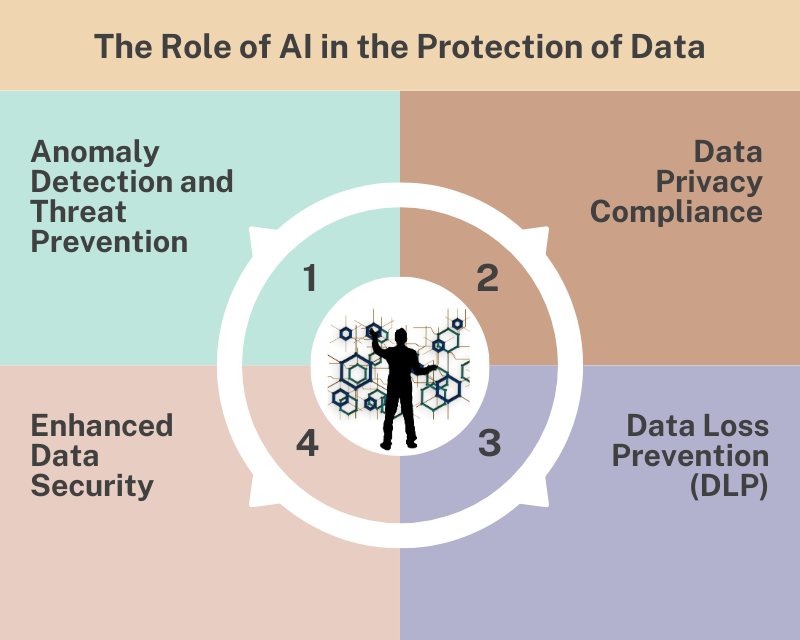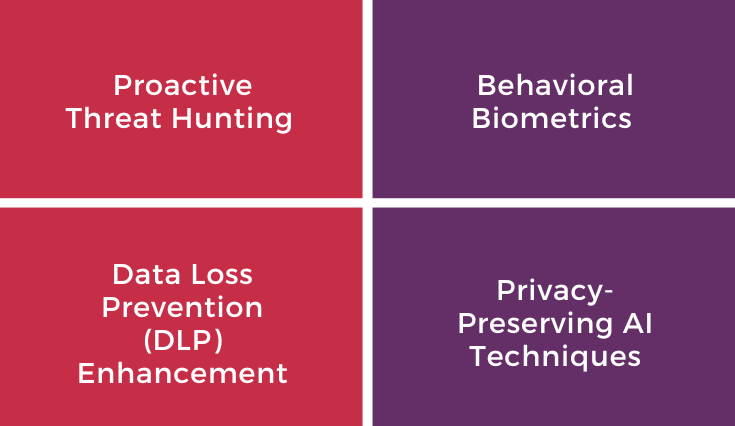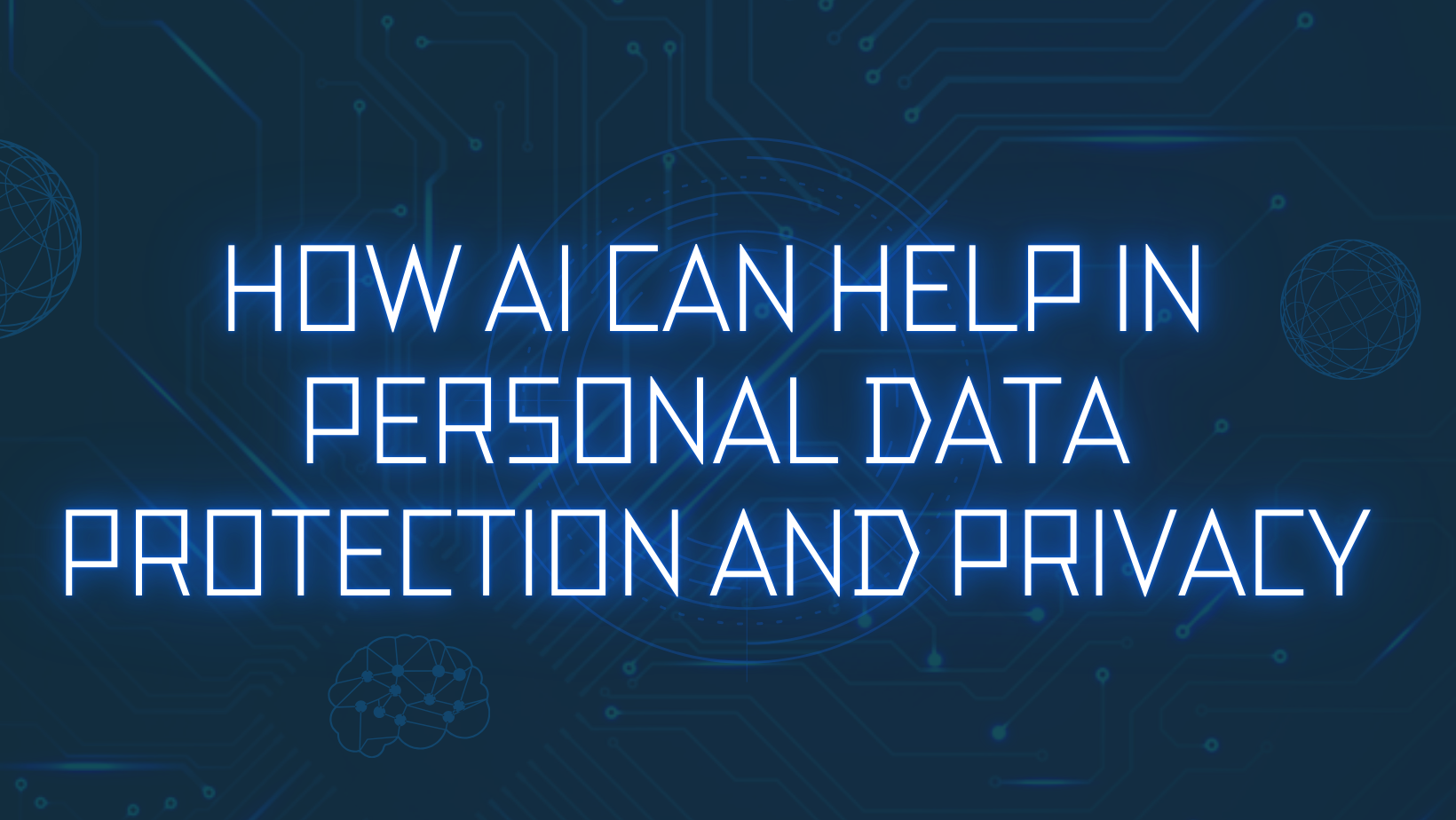The digital age, while offering unprecedented convenience, has also ushered in unprecedented privacy concerns. With data breaches becoming increasingly prevalent, safeguarding personal information has emerged as a paramount challenge. Fortunately, the rise of artificial intelligence (AI) offers a beacon of hope in this landscape. By leveraging advanced algorithms, AI can act as a vigilant protector, shielding sensitive data from prying eyes.
From detecting anomalies in user behavior to predicting potential data breaches, AI’s ability to process vast amounts of data quickly and accurately is unparalleled. This proactive approach to security is transforming how organizations protect personal information. Moreover, AI can play a crucial role in ensuring compliance with stringent data protection regulations like GDPR and CCPA.
However, it’s essential to approach AI with a critical eye. Like any technology, AI has its limitations and potential pitfalls. Addressing biases in AI algorithms and ensuring transparency in decision-making are crucial to maintaining trust. By understanding both the strengths and weaknesses of AI, organizations can harness its potential while mitigating risks to safeguard personal data effectively.
The Role of AI in the Protection of Data
AI is not merely a tool in data protection; it’s becoming a formidable guardian. Its ability to process vast datasets at lightning speeds, coupled with its capacity to identify patterns and anomalies, makes it a powerful ally in the battle against cyber threats.

Anomaly Detection and Threat Prevention
AI-powered systems can continuously monitor network traffic, user behavior, and system logs to identify unusual patterns indicative of potential security breaches. This proactive approach allows organizations to detect threats early, preventing data loss and reputational damage.
Data Privacy Compliance
Adhering to complex data protection regulations like GDPR and CCPA can be daunting. AI can streamline this process by automating tasks such as data subject access requests, data erasure, and privacy impact assessments. By ensuring compliance, organizations can mitigate risks and build trust with customers.
Enhanced Data Security
Beyond detection and prevention, AI can bolster data security through advanced encryption techniques. By analyzing potential vulnerabilities, AI can suggest and implement stronger encryption methods, safeguarding sensitive information from unauthorized access.
Data Loss Prevention (DLP)
AI can be instrumental in preventing data leakage. By understanding data usage patterns and identifying sensitive information, AI-powered systems can detect and block unauthorized data transfers, protecting valuable assets from falling into the wrong hands.
However, it’s crucial to approach AI with a critical eye. Issues like bias in algorithms and the potential misuse of AI for surveillance need to be addressed. A robust ethical framework is essential for harnessing the benefits of AI while mitigating its risks.
By understanding these capabilities and limitations, organizations can effectively leverage AI to create a robust data protection strategy.
AI for Better Protection
AI’s role in data protection extends beyond detection and prevention. It’s becoming an indispensable tool for enhancing overall data security.

Proactive Threat Hunting
AI can actively seek out potential threats rather than passively waiting for them to emerge. By analyzing vast datasets, AI can uncover hidden patterns indicative of malicious activity, enabling organizations to take preemptive measures.
Behavioral Biometrics
AI-powered behavioral biometrics can add an extra layer of security by analyzing user behavior patterns. Identifying anomalies in user actions can help detect unauthorized access or compromised accounts.
Data Loss Prevention (DLP) Enhancement
AI can significantly improve DLP systems by identifying sensitive information within unstructured data, such as images or text documents. This enables organizations to protect valuable data from accidental or malicious leakage.
Privacy-Preserving AI Techniques
As concerns about data privacy grow, AI is evolving to address these challenges. Techniques like federated learning and differential privacy allow organizations to extract insights from data without compromising individual privacy.
However, it’s crucial to remember that AI is not a silver bullet. Human oversight and intervention remain essential. A robust AI-powered data protection strategy must be complemented by human expertise to ensure its effectiveness and ethical implications are carefully considered.
Conclusion
AI is not merely a tool in the arsenal for data protection; it’s becoming the cornerstone of a privacy-centric digital future. By leveraging AI’s capabilities in threat detection, prevention, and compliance, organizations can build a robust defense against cyberattacks and safeguard sensitive information.
However, it’s crucial to approach AI with a balanced perspective. While it offers immense potential, issues like bias and ethical implications must be addressed proactively. A human-centric approach, combined with robust AI systems, is essential for building trust with customers and stakeholders.
At Codersperhour, we are committed to harnessing the power of AI for good. Our solutions are designed to protect personal data while respecting individual privacy. We believe that by combining human ingenuity with AI’s capabilities, we can create a future where data privacy and innovation coexist harmoniously.


